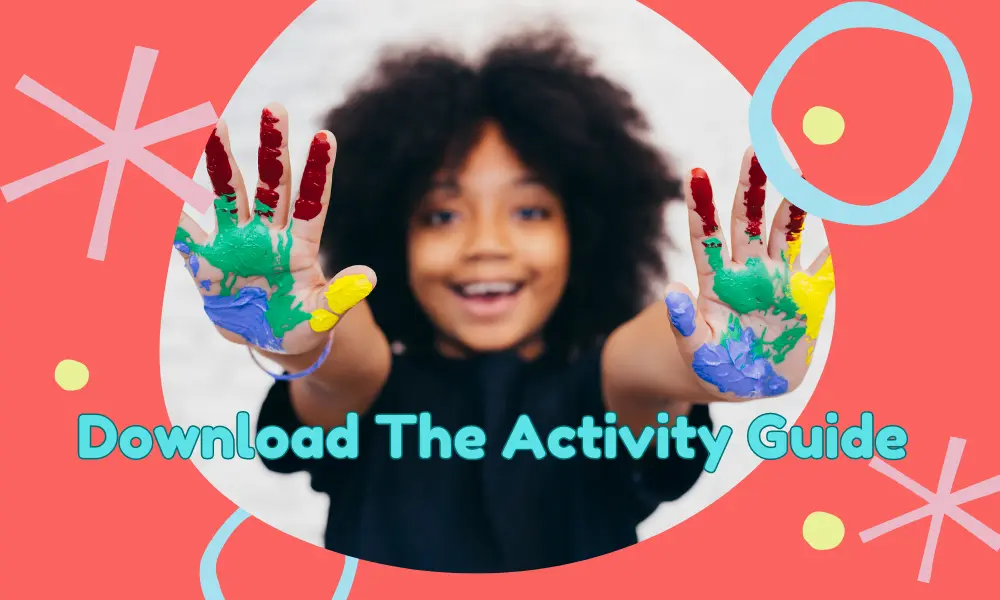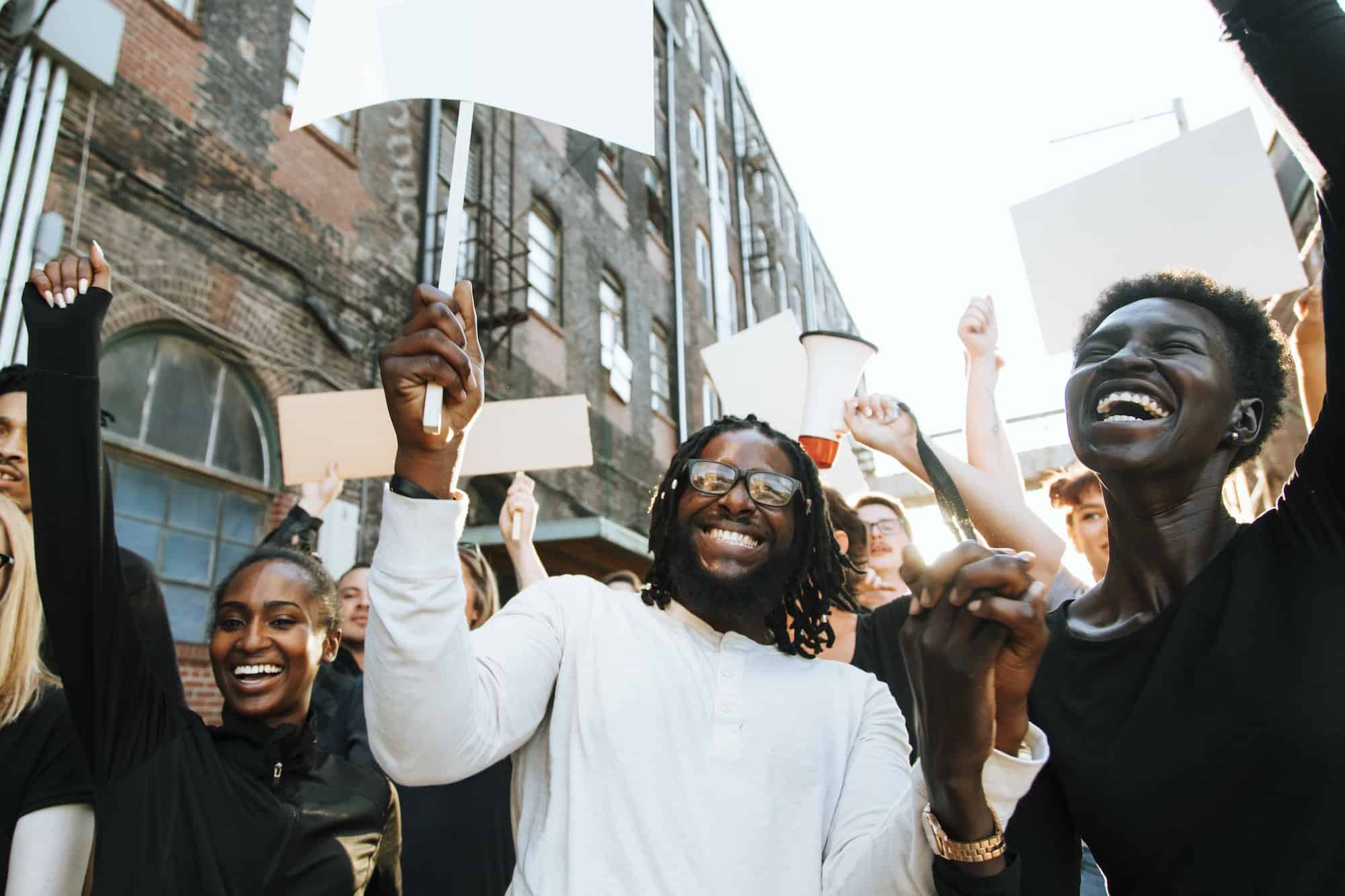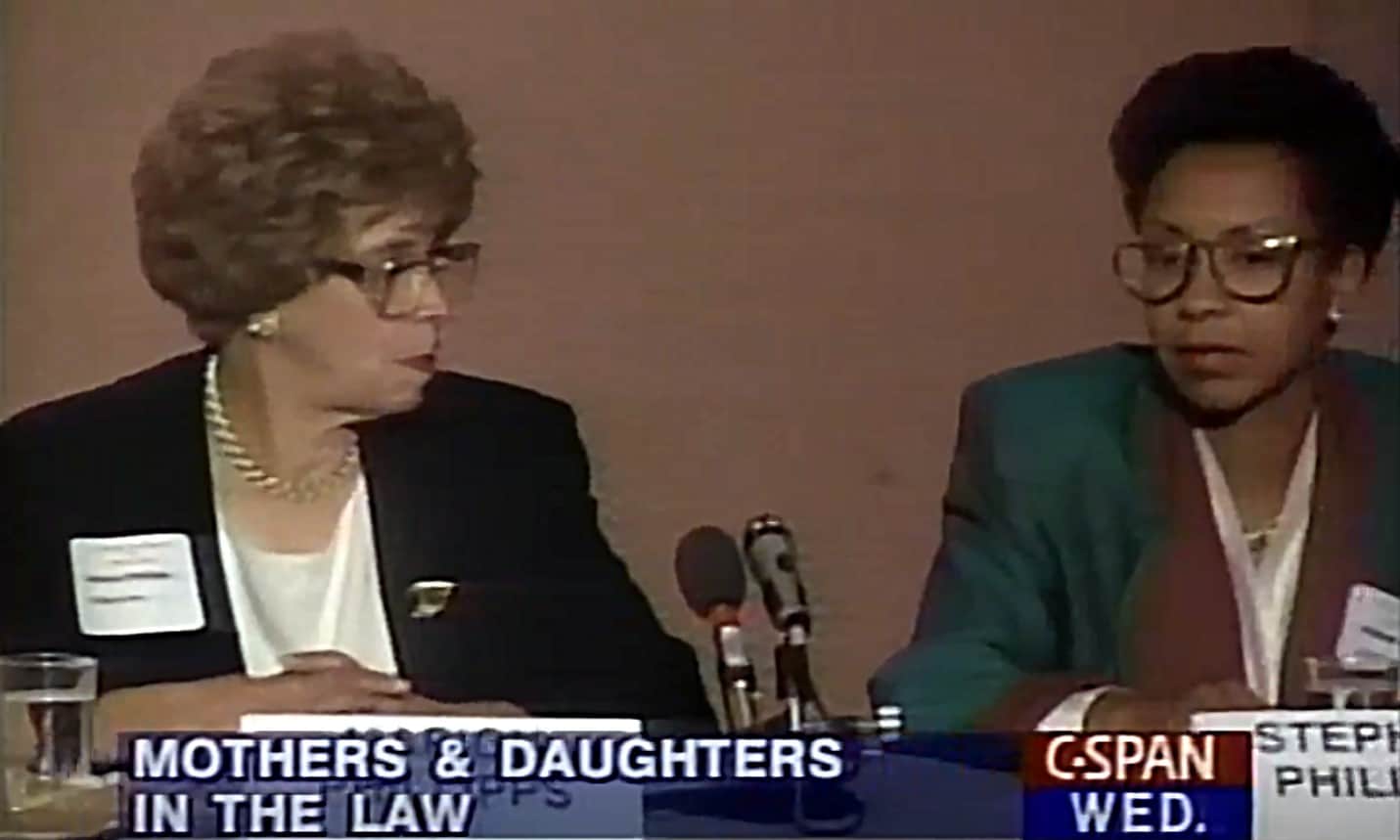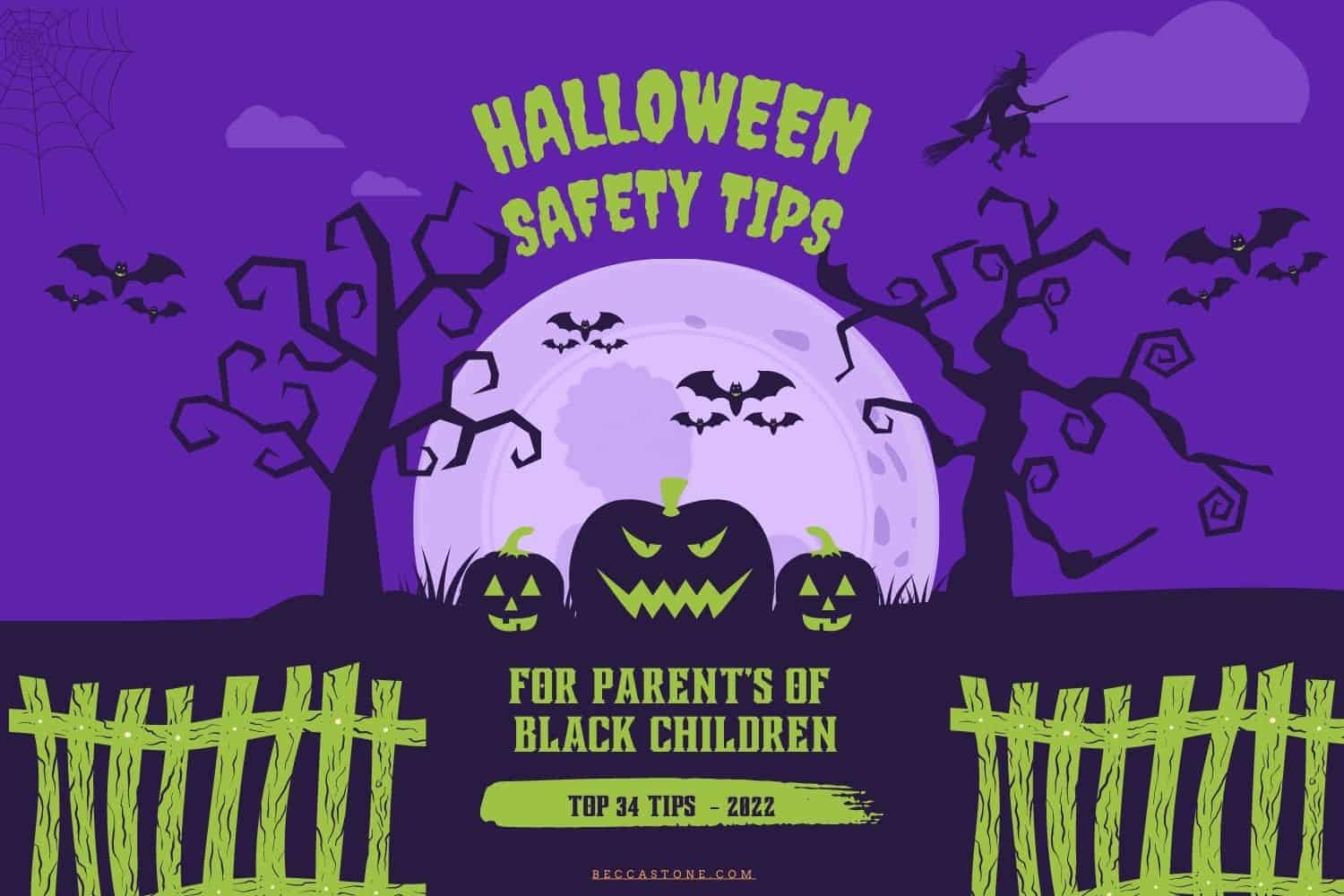Conversation with Leslie Lewis, a former teacher and mother of two adult children, a son, 32, and a daughter, 23. Leslie lives in Washington, D.C., is Jewish, and is married to an attorney who is black.
Q: How long have you been married?
A: I first met my husband in 1970 when we were both in college.. We have been together as a couple since 1973. We got married in 1977. We have lived in Washington D.C. all our married life.
Q: What are your children doing now?
A: Both have graduated from college and my son graduated from business school several years ago.
Q: What did you tell your children about their identity?
A: My kids grew up having a strong sense of identity with both black and Jewish cultures. They understand who they are and accept it. I think family was really important in helping our kids understand who they are and where they came from. We always attended lots of family activities on both sides, and many times we brought the two families together. We always celebrate the Jewish Holidays with my side of the family. But my kids are very close to my husband’s family too, especially his mother.
Q: What did you tell your kids about race?
A: We always told our kids they are black. It would have been too confusing otherwise. It didn’t make sense to tell them something different because in this society, they are considered black. But they also consider themselves to be Jewish too. My son was very close to my father and decided to be bar mitzvahed. It made my father quite proud. My daughter followed in her older brother’s footsteps and chose to have a bas mitzvah.
Q: How did you instill in your kids a sense of their black heritage?
A: As I mentioned, family was really important to us and gave our kids a sense of their history. I also tried to expose my kids to other kids from diverse cultures. We chose schools that had a diverse student body. In my daughter’s case, she was interested in dance. I intentionally looked for and found a black dance company that she could join. She made many friends there that she still has. When it came time for my son to attend college, he chose Morehouse on his own. He now has a very large network of friends whom he stays in contact with. Anywhere he goes, it seems he has friends from his Morehouse days. We also encouraged our kids to learn about African American artists and their work. As a result, both our kids appreciate visual arts and regularly (without any prodding from me) visit art museums.
Q: Here is a practical issue that sometimes comes up for moms of mixed race daughters. How did you handle your daughter’s hair while she was growing up?
A: It helped that I knew how to braid hair, so I did that a lot. I could also pull her hair back into a ponytail with a big “pouf” sticking out. I found hair products mostly through trial and error. I once asked a black hair salon owner for some recommendations for products. I think my daughter learned how to do her own hair earlier than other kids because she wanted to try different styles and do more with it than I could do. I think her friends at school and in her dance group gave her advice on hair care too.
Q: Did your kids have any dating issues because they are mixed?
A: My kids are “equal opportunity” daters, meaning that they have dated a wide range of people. We have never told them they should date only other blacks or any other particular race .
Q: Any thoughts you would like to share with mothers raising biracial children today?
A: A lot is different now than it was 30 years ago. It may be easier now in some ways, but it is still complicated.
My advice is to let your kids know early on who they are. In our era, I saw some mixed kids trying very hard to be white and fit in with the majority group. I think that’s where trouble can start.
Be as open and honest as possible with your kids so they feel they can ask you anything, including questions about race, sex and religion.
Expose them to other cultures and to other mixed race kids. I think my kids felt a special bond with kids from other mixed families.
Give your children books with diverse characters. It’s important for kids to see other kids who look like them having fun and doing normal things.







Share your thoughts